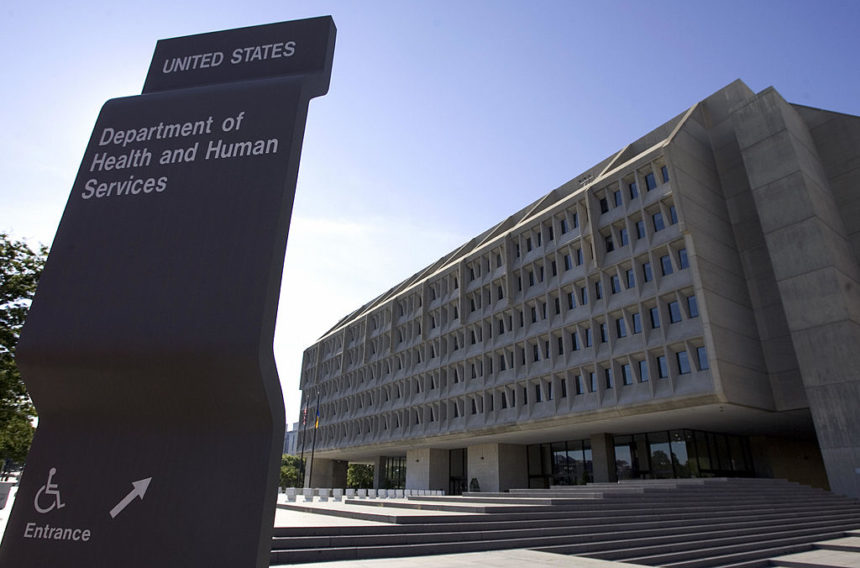In the wake of the reversal of Roe v. Wade, reproductive health organizations and providers of contraceptive services have been scrambling to forge a path forward. But the federal government itself has moved to ensure access to medication abortion and contraception, even as some states have already begun to ban or restrict those options.
This week, Department of Health and Human Services head Xavier Becerra pledged that the agency would work to ensure that women would continue to have access to medication abortion, even in states that ban abortion entirely.
“Medication abortion has been approved by the FDA for years and is safe for patients,” Becerra said at a news conference. “It’s the gold standard for care when someone is pregnant and they experience a miscarriage, which is all too real for many expectant mothers across the country.
“The Supreme Court’s decision will result in worsened health outcomes and death for some patients. Working to increase access to this drug is a national imperative and in the public interest,” he continued.
To that end, HHS this week debuted ReproductiveRights.gov. The website outlines what patients’ rights to birth control and abortion services look like in the post-Roe world.
Under the “right to access abortion services” section, the website explains that medication abortion has been FDA-approved since 2000. Federal regulation allows these drugs to be distributed via telehealth services and sent by mail through certain pharmacies; one generic manufacturer of an abortion medication has already announced it will pursue legal action and fight for drug access across states.
Becerra laid out several other steps the federal government might take to ensure access to medication abortion.
“Federal law requires our programs to provide medication abortion in certain circumstances, such as the life of the woman, rape or incest,” Becerra said at the news conference. “Now more than ever, it’s important that all federally supported programs and services are complying with the law.”
Earlier this week, Attorney General Merrick Garland emphasized that point. He noted that states can’t ban mifepristone, an FDA-approved drug used to end early pregnancy. It’s unclear, however, how much the federal government will be able to increase access to the pills beyond the “exceptional circumstances” of rape, incest or risk to the mother’s life.
During the conference, Becerra said he plans to direct HHS’ Office for Civil Rights to secure privacy and non-discrimination for patients seeking reproductive healthcare. He also said the agency will aim to “examine its authority” under the Emergency Medical Treatment and Labor Act. This would require hospitals to provide necessary emergency care in treating pregnant women.
Finally, Becerra called for increased training among physicians and medical workers to prepare them for the task at hand.
“I’m directing CMS to take every legally available step to protect family planning care,” Becerra stressed. “Healthcare is a matter to be decided by patients and their providers.”
The HHS action plan comes as some congressional Democrats and abortion advocates criticize the Biden administration for being underprepared to react to the overturning of Roe. They continue to call on the federal government to be more aggressive in preserving medication abortion rights.







